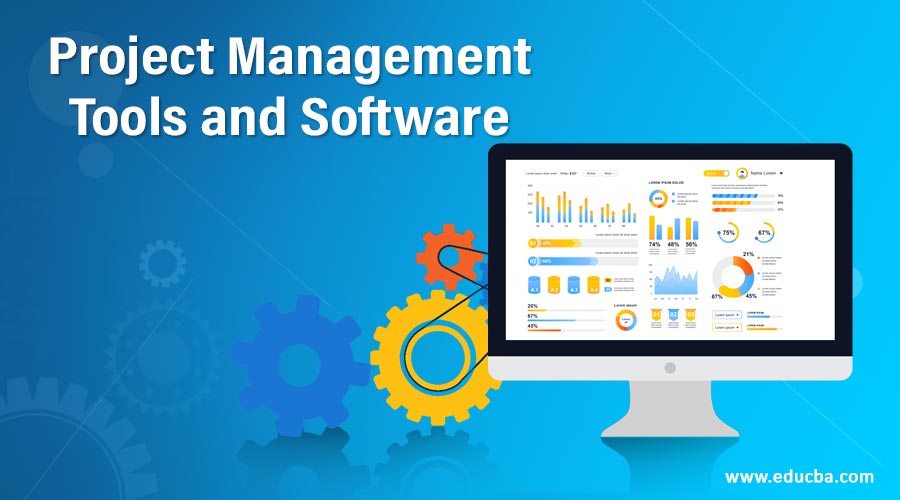
MIT Sloan is an elite business school in Cambridge, Massachusetts, that attracts a diverse student body and embraces a liberal arts philosophy. This program offers students a broad knowledge base and an opportunity to gain a global perspective. The application deadlines for Round 1 are September 29th, 2022, Round 2 on January 18th 2023, and Round 3 on April 11th 2023. There are four rounds in the program, with approximately 44% being women.
MIT Sloan a liberal with a passion about innovation
The mission of MIT Sloan is to educate the next generation of innovative leaders. The program focuses on developing visionary leaders with ideas that advance management practice. The school focuses on theory hammered home by rigorous practice and impact refined by team-building. This results in a diverse group of highly qualified students who are passionate about improving the world. MIT Sloan's admissions process seeks individuals who are self-motivated, collaborative, and eager to challenge the status quo.
The campaign received enthusiastic support from the MIT Sloan community. More than 15,000 Sloan alumni gave nearly $6,000,000 to the Institute-wide campaign over the course of the year. Sloan students were inspired by the generosity of classmates and faculty. They became more resilient, and were optimistic. Their passion for innovation enabled them to achieve their goals. The institute's action-learning labs are a highlight. Students have the opportunity to experiment in diverse environments and apply their knowledge to real-world business problems.

It encourages experimentation with hands-on methods
MIT Sloan places a strong emphasis on collaboration and experiential learning. Students are encouraged by MIT Sloan to discover what isn't there and create products or services that solve real-world issues. The class for 2019 is diverse and comes from a wide range of backgrounds. One Sloan student was born and raised in Greece. After graduating Yale he worked in Cambodian solar power market. Marlyn Dasunsch, another Sloan student, was a graduate of the University of Wollongong. She is currently based in South Africa. Since then, she has earned a master's and V.P. titles at Barclays Africa Group and Credit Suisse.
The MIT Sloan mba program emphasizes business acumen and practical application. Students begin the program with a one-semester core of classes that build a shared foundation. Students are encouraged to apply classroom knowledge by participating in research projects, group projects, and conducting hands-on experiments. Students are also offered leadership opportunities through MIT Sloan’s many student organizations.
It is home to a wide range of students
MIT Sloan follows federal guidelines to collect data about race or ethnicity. Students are encouraged and allowed to identify themselves. They can choose more than one race or ethnicity. The statistics for the school reflect all categories that were included in the application process. MIT Sloan has a diverse student population and a Black Business Student Association (BBSA). This association promotes black business issues.
MIT Sloan is committed to diversity for a long time. The School has awarded 16 fellowships to students underrepresented in the past year. EED, the alumni association has pledged $11million in matching funds to DEI programs. MIT is also creating new fellowships and has promised to match student donations two-to-one up to June 30. It has created a diverse student body with diverse experiences and backgrounds.

It has a global focus
MIT Sloan works with a global approach and engages worldwide in research, teaching, capacity building, and other activities. Located on the Massachusetts Institute of Technology (MIT) campus, the Sloan Global Programs support international collaborations and innovative leaders from around the world. MSLAO is a support program that provides research and teaching opportunities in Latin America. This program covers a wide range global issues such as energy and sustainability.
Sloan Global Labs offer students unique opportunities to work and lead in many different economies. Each lab course will focus on a different aspect. Global Labs EMBA students usually travel to non U.S. cities to get real-world experience and work on real projects. Global Labs allow students to meet peers and faculty from around the globe. Students are expected to interact with real companies in different industries and sectors.
FAQ
What are the key management skills?
Business owners need to have management skills, no matter how small or large they may be. They are the ability to manage people and finances, space, money, and other factors.
When you need to manage people, set goals, lead teams, motivate them, solve problems, develop policies and procedures and manage change, management skills are essential.
There are so many managerial tasks!
Why is it important for companies to use project management techniques?
Project management techniques ensure that projects run smoothly while meeting deadlines.
This is due to the fact that most businesses rely heavily upon project work in order to produce goods, and services.
These projects must be managed efficiently and effectively by companies.
Companies could lose their time, reputation, and money without effective project management.
What are the 3 basic management styles?
There are three main management styles: participative, laissez-faire and authoritarian. Each style has strengths and flaws. What style do you prefer? Why?
Authority - The leader is the one who sets the direction and expects everyone in the organization to follow it. This style works well if an organization is large and stable.
Laissez-faire – The leader gives each individual the freedom to make decisions for themselves. This approach works best in small, dynamic organizations.
Participative - Leaders listen to all ideas and suggestions. This style works best in smaller organizations where everyone feels valued.
Which kind of people use Six Sigma
Six Sigma will most likely be familiar to people who have worked in statistics and operations research. Anybody involved in any aspect or business can benefit.
It requires high levels of commitment and leadership skills to be successful.
What is the best way to motivate your employees as a manager?
Motivation refers to the desire to perform well.
Engaging in something fun can be a great way to get motivated.
Or you can get motivated by seeing yourself making a contribution to the success of the organization.
You might find it more rewarding to treat patients than to study medical books if you plan to become a doctor.
A different type of motivation comes directly from the inside.
Perhaps you have a strong sense to give back, for example.
You might even enjoy the work.
Ask yourself why you aren't feeling motivated.
You can then think of ways to improve your motivation.
Six Sigma is so popular.
Six Sigma is simple to implement and can yield significant results. It provides a framework that allows for improvement and helps companies concentrate on what really matters.
Statistics
- As of 2020, personal bankers or tellers make an average of $32,620 per year, according to the BLS. (wgu.edu)
- This field is expected to grow about 7% by 2028, a bit faster than the national average for job growth. (wgu.edu)
- The profession is expected to grow 7% by 2028, a bit faster than the national average. (wgu.edu)
- Hire the top business lawyers and save up to 60% on legal fees (upcounsel.com)
- Your choice in Step 5 may very likely be the same or similar to the alternative you placed at the top of your list at the end of Step 4. (umassd.edu)
External Links
How To
How can you create a Quality Management Plan, (QMP)?
QMP (Quality Management Plan), introduced in ISO 9001,2008, provides a systematic method for improving processes, products, or services through continuous improvement. It emphasizes on how to continuously measure, analyze, control, and improve processes, product/service, and customer satisfaction.
The QMP is a standard method used to ensure good business performance. QMP's goal is to improve service delivery and production. A QMP should include all three aspects - Processes, Products, and Services. The QMP that only addresses one aspect of the process is called a Process QMP. QMPs that focus on a Product/Service are known as "Product" QMPs. If the QMP focuses on Customer Relationships, it's called a "Product" QMP.
Two main elements are required for the implementation of a QMP. They are Scope and Strategy. They are defined as follows:
Scope: This determines the scope and duration of the QMP. For example, if you want to implement a QMP that lasts six months, then this scope will outline the activities done during the first six.
Strategy: These are the steps taken in order to reach the goals listed in the scope.
A typical QMP has five phases: Planning (Design, Development), Implementation (Implementation), and Maintenance. The following describes each phase.
Planning: This stage identifies and prioritizes the QMP's objectives. Every stakeholder involved in the project is consulted to determine their expectations and needs. Next, you will need to identify the objectives and priorities. The strategy for achieving them is developed.
Design: This stage involves the creation of the vision, mission, strategies and tactics necessary to implement the QMP successfully. These strategies are put into action by developing detailed plans and procedures.
Development: Here the development team works toward building the necessary resources and capabilities to support the successful implementation.
Implementation: This involves the actual implementation of the QMP using the planned strategies.
Maintenance: This is an ongoing process to maintain the QMP over time.
Additional items must be included in QMP.
Participation of Stakeholders: The QMP's success depends on the participation of stakeholders. They must be involved in all phases of the QMP's development, planning, execution, maintenance, and design.
Project Initiation: It is essential to have a clear understanding about the problem and the solution before you can initiate a project. This means that the initiator should know why they want something done and what they hope for from the end result.
Time Frame: It is important to consider the QMP's time frame. A simple version is fine if you only plan to use the QMP for a brief period. You may need to upgrade if you plan on implementing the QMP for a long time.
Cost Estimation: Cost estimation is another vital component of the QMP. Without knowing how much you will spend, planning is impossible. Cost estimation is crucial before you begin the QMP.
QMPs should not be considered a static document. It evolves as the company grows and changes. It should be reviewed on a regular basis to ensure that it is still meeting the company's needs.